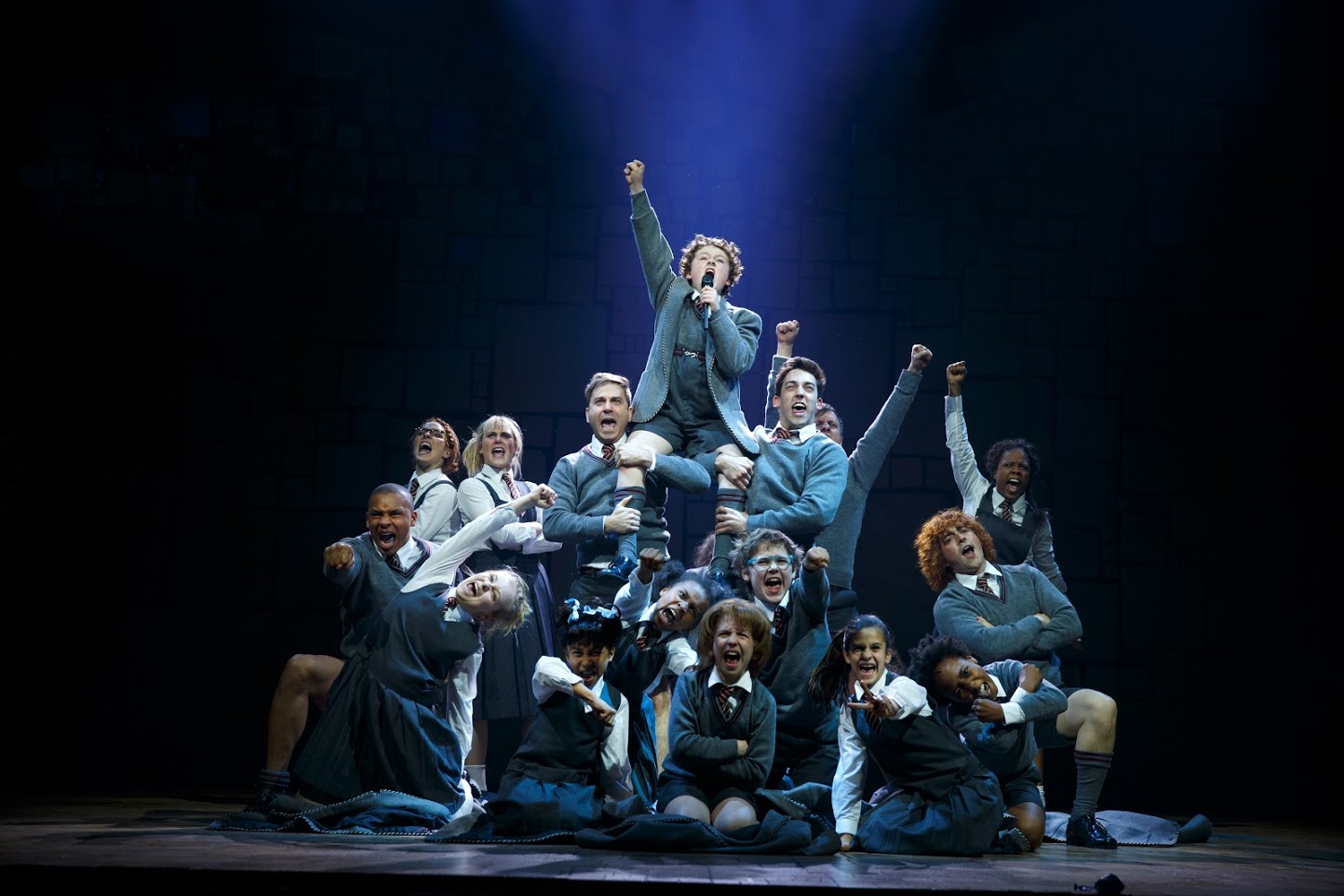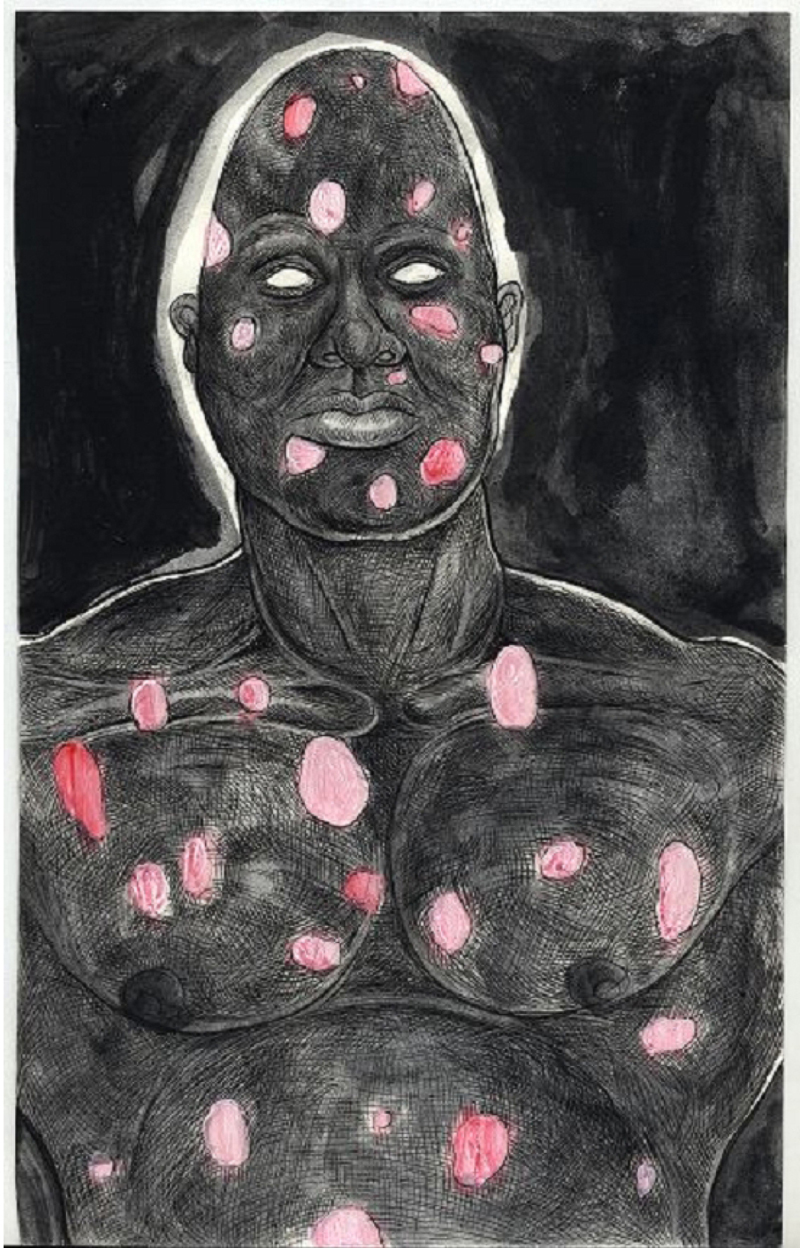
By Amanda Koehn
The Cleveland Museum of Art is set to open its newest exhibition, “Degas and the Laundress: Women, Work, and Impressionism,” Oct. 8, exploring the livelihoods and societal perceptions of women who worked as laundresses in 19th-century Paris.
The exhibit – which Canvas got an early press look at – is the first exhibit to focus specifically on Impressionist artist Edgar Degas and his contemporaries’ depictions of Parisian laundresses, and the stereotypes that surrounded the industry. It reflects on issues of social class, strenuous working conditions and how society undervalues women-dominated service professions.

The exhibit is the largest group ever brought together of this specific collection by Degas and other artists – almost 100 works are exhibited from more than 30 European and American collections.
Britany Salsbury, curator of prints and drawings at CMA, began curating the exhibition around the end of 2018. She says she initially thought it would focus on Degas and his life, with his laundress series as a part of it. Eventually, she realized this series and similar depictions from other artists at the time “played such a big part in this larger conversation of what was happening with visual art.”

“I read an article about this series when I was in grad school, and it was fascinating to me that there’s this whole series that Degas did and it includes what I think are some of his most interesting, innovative, experimental paintings, but it just had never been looked at as a whole and the works had never been seen together,” she tells Canvas. “It was just striking to me that once you look at the works together, these connections you can see between them.”
The exhibit explores different facets of the 1800s Parisian laundry industry, focusing on the physical effects of the profession, how social class played a role and laundresses in urban versus more rural environments. One painting’s description notes that being a laundress was considered “morally ambiguous” by some because it involved women going into people’s homes alone, which was considered inappropriate. Some laundresses – a profession that was poorly paid – supplemented their income through sex work, according to the exhibit’s description, which likely contributed to the stereotype.

But, the idea that labor that is considered “essential,” is often undervalued, invisible and even looked down upon, is a sociocultural issue that ripples through today. Paintings in the exhibit also show the grueling physical effects the business had on the workers, showing women hunched over carrying sacks of clothes to wash and pushing irons much heavier that those today.
“… During the pandemic, there were so many conversations about marginalized labor, and like the kinds of people who have to do jobs that maybe the rest of us don’t want to do for ourselves and how undervalued that kind of work is,” Salsbury says. “And it seems like (laundry) was definitely one of those kinds of jobs.”

This exhibition also contrasts more well-known Impressionist work, which often focused on upper-middle-class experiences, according to the museum. Other artists featured in this exhibit include Gustave Caillebotte, Berthe Morisot, Pierre-Auguste Renoir, Henri de Toulouse-Lautrec and Édouard Vuillard.
It also features artwork never seen before in the United States, such as a loan from The Neue Pinakothek in Munich, “Woman Ironing” – a striking Degas painting from about 1869, where the woman ironing stares directly at the viewer, looking bored, dejected or exhausted.

The artwork is also supplemented with a wealth of objects and records from the time such as newspapers, sheet music covers, postcards, photos, posters, books and a receipt. These items help bring the exhibition together, giving a better sense of the laundresses’ role in Parisian society beyond artists’ views. Salsbury notes that at the time, people typically had to go to private collections or galleries to see art and it wasn’t as accessible to most people.
“But people were seeing newspapers, posters and postcards everywhere, and I loved that you saw the same kinds of things in sort of the mass culture as you would in the paintings,” she says of depictions of the laundry industry. “It seems like it was something that crossed over that everybody was thinking about at the time.”

The exhibit is on view through Jan. 14, 2024, in the Kelvin and Eleanor Smith Foundation Gallery.

Programming associated with “Degas and the Laundress: Women, Work, and Impressionism”:
• “Virtual Symposium: Picturing Women at Work in the 19th Century”: 1:30 to 4:45 p.m. Nov. 16; 1:30 to 5 p.m. Nov. 17 (virtual). Free with registration required.
• “Artist in the Atrium: Iron-On Art”: family-friendly arts program from 11 a.m. to 3 p.m. Nov. 18. Ames Family Atrium. Free.
• “Edgar Degas: The Artist’s Process and the Question of Finish: Featuring speaker Ann Hoenigswald, senior conservator of paintings emerita of National Gallery of Art in Washington, D.C., at 6 p.m. Nov. 29 in Gartner Auditorium. Free, but ticket required.










